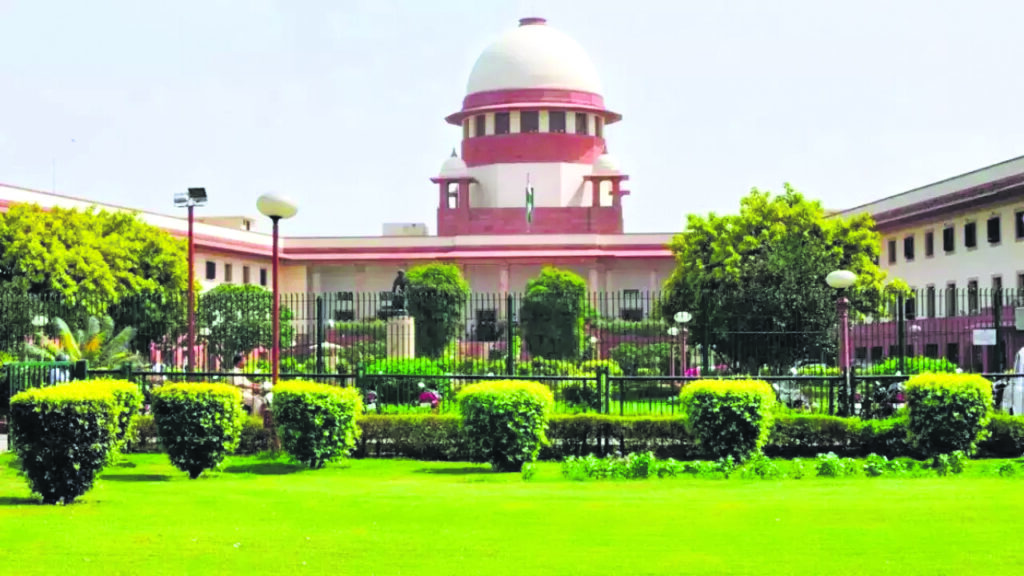Rehan Khan
On July 18th, the Supreme Court of India issued a pivotal ruling underscoring that the indefinite denial of bail is unacceptable, emphasizing the critical nature of Article 21 of the Constitution. This article guarantees not only the right to life and liberty but also the entitlement to a swift trial. The Court’s decision came in the case of Sheikh Javed Iqbal, who had been detained for an extended period of nine years on allegations related to counterfeit currency under both the Indian Penal Code and the Unlawful Activities (Prevention) Act (UAPA). The Supreme Court granted Iqbal bail, highlighting its commitment to upholding constitutional rights even in the face of serious charges.
Justices JB Pardiwala and Ujjal Bhuyan articulated a key principle: constitutional courts must prioritize constitutional rights over stringent statutory provisions. They asserted, “In the case of interpretation of a penal statute, howsoever stringent it may be, a constitutional court has to lean in favour of constitutionalism and the rule of law of which liberty is an intrinsic part.” This statement underscores the Court’s stance that the fundamental rights enshrined in the Constitution must take precedence over restrictive legal provisions when assessing bail applications.
The Supreme Court’s ruling directly addressed Section 43(d)(5) of the UAPA, which imposes a high threshold for granting bail and had been a focal point in this case. The Court referred to the 2012 KA Najeeb case, which clarified that this section does not limit a constitutional court’s authority to grant bail when fundamental rights are at stake. This reference reaffirms that constitutional courts retain the power to ensure that bail is granted in circumstances where fundamental rights are being violated.
Moreover, the Court emphasized that the severity of the alleged offense does not justify indefinite detention. They noted that the prosecution has a duty to expedite the trial process, particularly when serious charges are involved. The Court remarked that a prolonged trial does not warrant continued denial of bail solely based on the seriousness of the charges. The ruling highlights that the right to a speedy trial is integral to the right to liberty, and delays in the judicial process cannot be used to perpetuate detention.
Iqbal, a citizen of Nepal, had been accused of possessing and knowingly using counterfeit currency under the Indian Penal Code, 1860, and of committing terrorist acts by causing “damage to the monetary stability of India” under UAPA. The Lucknow police allegedly recovered fake Indian currency to the tune of Rs 26,03,500 from Iqbal’s possession when they arrested him in February 2015 at India’s border with Nepal.
The Supreme Court’s decision followed an earlier ruling by the Allahabad High Court, which had denied bail to Iqbal on grounds related to the seriousness of the charges and concerns about his absences during the trial, given his foreign national status and lack of a permanent address in India. The Supreme Court, however, observed that Iqbal’s trial had been proceeding at a slow pace, with only two witnesses having been examined to date, indicating that a swift conclusion to the trial was not imminent.
Case name: Sheikh Javed Iqbal v. State of Uttar Pradesh
Case no.: CRIMINAL APPEAL NO. 2790 OF 2024
Bench: Justice J.B.Pardivala and Justice Ujjal Bhuyan

